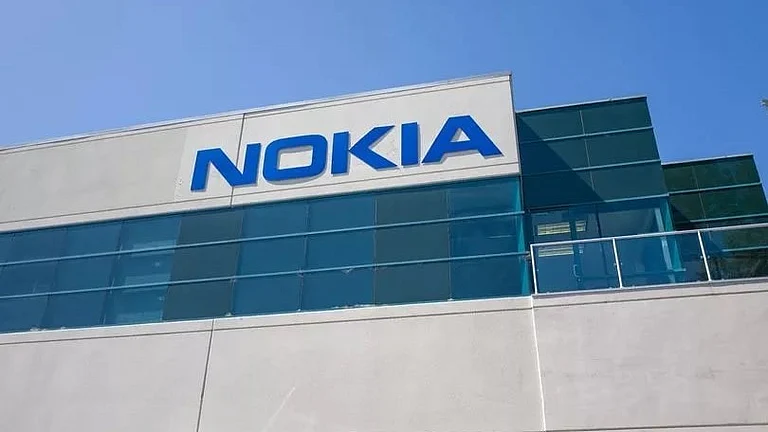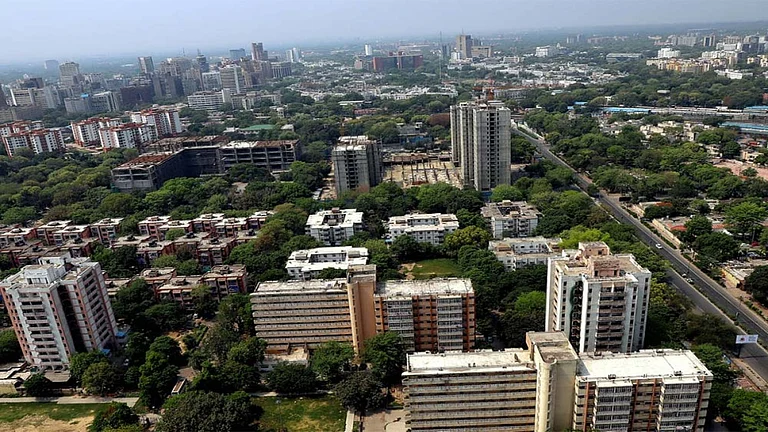How does Karnataka plan to sustain its competitive edge in tech?
Karnataka has long been the cornerstone of India’s digital economy, with Bengaluru consistently leading in IT exports, innovation and GCC [global capability centre] presence. The state commands the highest market share in both GCCs and IT exports and is home to the country’s largest tech talent base. Karnataka also leads in AI readiness, housing over 50% of India’s AI talent.
Karnataka’s competitive edge lies in its deeply entrenched and future-ready ecosystem. This includes a mature, industry-aligned niche talent pool of over 1.2mn, highest concentration of global R&D centres with over 400 centres and a strong start-up ecosystem of over 15,000 start-ups that continue to fuel innovation and investment.
While Karnataka’s Industrial Policy 2025 sets an ambitious target of generating 20 lakh new jobs, the reality on the ground shows a wave of layoffs across major industries.
While it’s true that global economic headwinds have led to short-term workforce adjustments—particularly in the IT sector—our approach is rooted in building long-term, structural employment through sectoral resilience and skill alignment.
Karnataka is actively nurturing emerging and future-proof sectors such as electronics system design and manufacturing, electric vehicles, space tech and aerospace, biotechnology and renewable energy, industries that are not only less prone to global volatility but also present significant opportunities for sustainable job creation.
AI is a key focus area, with Karnataka already home to nearly 50% of the country’s AI talent. To bridge the gap between talent supply and evolving industry needs, we’ve also strengthened initiatives like Kaushalya Karnataka, NIPUNA [both are skills-enhancement schemes] and are collaborating with industry leaders to redesign curricula, expand apprenticeships and tailor skilling programmes around AI, automation and Industry 4.0.
Karnataka’s competitive edge includes a niche talent pool, highest concentration of global R&D centres and a strong start-up ecosystem
There is a growing debate around the role of government in driving R&D across critical sectors. How prepared is Karnataka to lead in this space?
Karnataka has consistently been at the forefront of research and innovation, emerging as a leading hub for R&D within India. Bengaluru alone is home to over 400-plus global R&D centres.
The government has launched initiatives such as the Karnataka Research and Innovation Authority and the New Age Innovation Network. These institutions provide critical financial and institutional support for applied R&D across academia and industry.
In 2023, Karnataka became the first state in India to release a dedicated R&D policy. This landmark initiative offers targeted incentives for deep-tech innovation, promotes public-private partnerships and sets a clear roadmap to position Karnataka as a global R&D powerhouse.
Karnataka also actively engages with global thought leaders and institutions like the World Economic Forum, Centre for the Internet of Ethical Things and Centre of Excellence in AI.
Karnataka envisions 12 new investment zones to drive growth in Tier-II and Tier-III cities. What challenges do these cities face?
Our Tier-II and Tier-III cities present strong advantages, including youthful demographics and cost-efficient operations.
Recognising their potential, we are addressing infrastructure, talent development and digital connectivity, transforming these emerging cities into the next engines of economic and innovation-led growth.
We launched the ‘Beyond Bengaluru’ initiative, which focuses on enhancing physical and digital infrastructure, ensuring better express connectivity through highways and regional airports and improving access to high-speed internet.
We are expanding our tech footprint beyond the capital, nurturing emerging technology clusters in Mysuru, Mangalore and Hubli-Belgaum-Dharwad.
Under the GCC policy, we’re establishing growth and innovation districts and offering targeted incentives to attract GCCs beyond Bengaluru, backed by talent development and fast-track facilitation.
The Karnataka budget reinforces these efforts with allocations for infrastructure development in municipal corporations and the creation of integrated townships across the state.
Recognising the importance of a skilled workforce, we’ve set up talent accelerators in partnership with industry to upskill local youth.
To nurture the local innovation ecosystem, KDEM’s [Karnataka Digital Economy Mission’s] Cluster Seed Fund and anchor company models are being implemented, helping create sustainable industrial and start-up clusters.
With data centres emerging as critical infrastructure in the AI era, how is Karnataka balancing the sector’s massive water requirements against Bengaluru’s worsening water crisis?
All new data-centre projects are now required to use non-potable or treated water, primarily sourced from secondary treated sewage. Bengaluru operates over 25 sewage treatment plants, and upcoming data-centre parks are being integrated with these facilities to ensure responsible water use.
In addition, the Karnataka Renewable Energy Policy promotes both energy and water efficiency in hyperscale infrastructure. The Karnataka Data Centre Policy mandates rigorous environmental-impact assessments and green building certifications for all large data-centre developments. These steps ensure that growth in digital infrastructure does not come at the cost of environmental degradation.
We are also advancing key projects such as Cauvery Water Supply Scheme Phase V and enforcing rainwater-harvesting mandates across urban layouts to reduce the pressure on municipal water systems.











